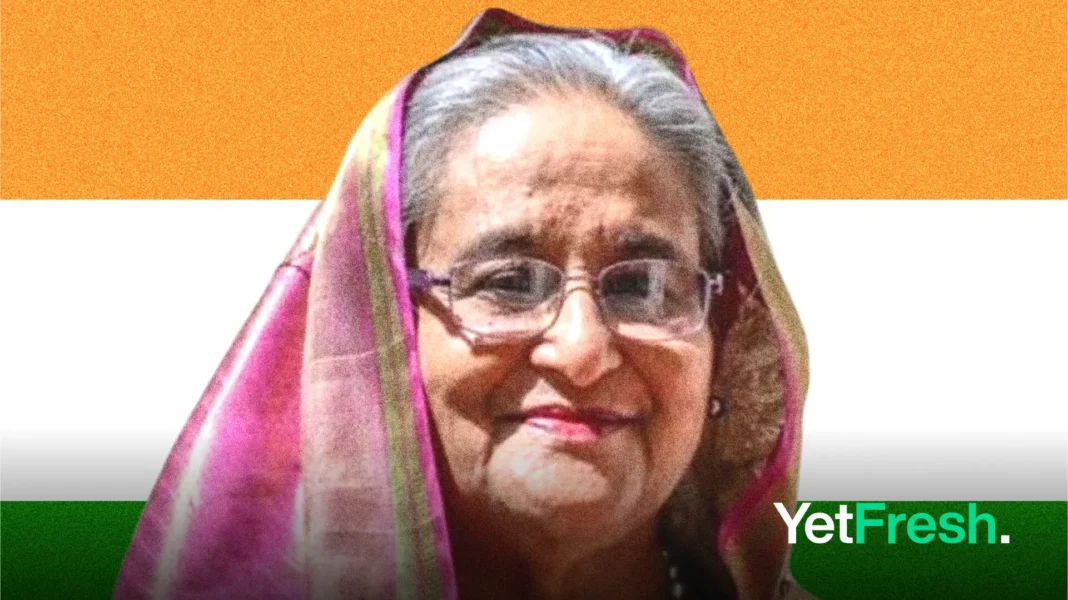Summary:
- India extends visa for former Bangladesh PM Sheikh Hasina, who fled to India in August 2024 amid protests, while she remains in a Delhi safehouse despite extradition demands from Bangladesh.
- Bangladesh’s interim government, led by Muhammad Yunus, has revoked passports of 97 individuals, including Hasina, citing their involvement in enforced disappearances and killings during July protests.
- The International Crimes Tribunal has issued multiple arrest warrants for Hasina and 11 others, demanding their appearance by February 12 for alleged crimes against humanity during her administration.
- Bangladesh’s Investigation Commission seeks to interrogate Hasina in India regarding the 2009 killing of 74 people, while India appears unlikely to comply with extradition requests.
The Indian government has extended the visa of former Bangladesh Prime Minister Sheikh Hasina, who has been residing in India since her dramatic exit from power in August 2024. The 77-year-old leader fled to India following widespread student protests that ended her 15-year rule.
The visa extension comes as Bangladesh’s interim government, led by Nobel laureate Muhammad Yunus, intensifies efforts to secure Hasina’s extradition. On January 8, Bangladesh’s passport authorities revoked the passports of 97 individuals, including Hasina, citing their alleged involvement in enforced disappearances and killings during the July 2024 protests.
Abul Kalam Azad Majumder, spokesperson for the interim government, stated: “The passports department cancelled passports of 22 people involved in enforced disappearances, while passports of 75 people, including Sheikh Hasina, were revoked due to their involvement in the July killings.”
The International Crimes Tribunal of Bangladesh has issued multiple arrest warrants for Hasina and several former officials, demanding their appearance before the panel by February 12. The tribunal is investigating allegations of crimes against humanity and genocide during her administration’s response to the protests.
Bangladesh’s National Independent Investigation Commission has expressed interest in questioning Hasina in India regarding the 2009 killing of 74 people by the former Bangladesh Rifles. Commission chief Major General ALM Fazlur Rahman indicated plans to seek permission to conduct interrogations on Indian soil.
Despite the mounting pressure from Dhaka, India appears unlikely to comply with the extradition request. The countries share an extradition treaty signed in 2013, but legal experts note that India can refuse extradition if charges are deemed political or not made in good faith.
Hasina has maintained a low profile since arriving at Hindon airbase on August 5, reportedly residing in a Delhi safehouse. Her son, Sajeeb Wazed Joy, has dismissed rumors about asylum applications, while both the UK and US have effectively closed their doors to potential asylum requests.
The former premier’s fall from power followed massive student demonstrations against her government’s policies, particularly the controversial quota system for government jobs. The protests resulted in hundreds of casualties and ultimately led to the military withdrawing support for her administration.
Bangladesh’s interim government has announced plans to hold new elections in late 2025 or early 2026, focusing on implementing electoral reforms and ensuring accountability for past human rights violations.
Source: Hindusthans Times




